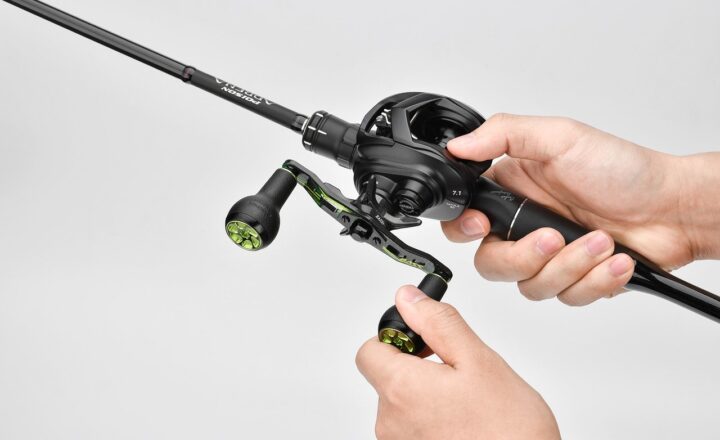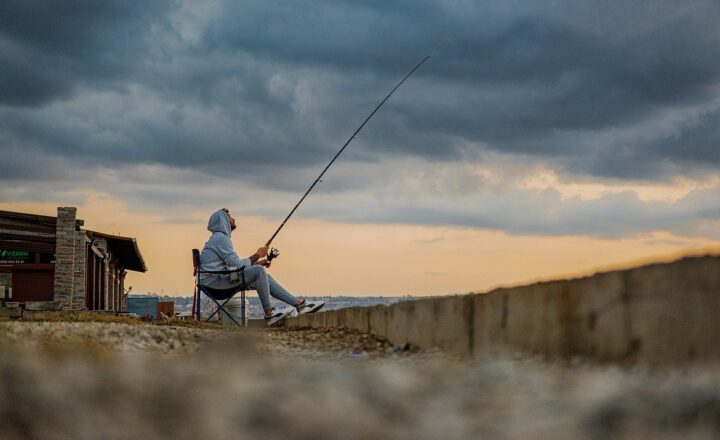Fishing Myths Debunked: What Every Angler Should Know Before Casting a Line
November 18, 2024

Fishing is an age-old pastime that has captivated millions around the world. While it promises relaxation, excitement, and the opportunity to connect with nature, it’s also a subject rife with myths and misconceptions. From the best times to fish to the gear needed, many common beliefs can mislead anglers and detract from the fishing experience. This comprehensive article will debunk these fishing myths and equip you with factual knowledge that enhances your angling skills.
1. Myth: You Can Only Fish at Certain Times of the Day
One prevalent myth is that fishing is most productive only at dawn or dusk. While these times—known as the “golden hours”—can be excellent for many species, it’s not the complete story. Fish are active during various times of the day, depending on factors such as weather, water temperature, and feeding patterns. For instance:
- Midday Fishing: During warmer months, fish often move deeper to escape heat, making midday fishing productive if targeting species accustomed to warmer waters.
- Weather Conditions: Overcast days or after rain can increase fish activity throughout the day, challenging the notion that good fishing is only limited to specific hours.
Therefore, rather than adhering to “only dawn and dusk” rules, anglers should observe the environment and experiment with fishing times for the best results.
2. Myth: Bigger Bait Catches Bigger Fish
Many anglers believe that the size of the bait directly correlates to the size of the fish caught. However, this misconception can lead to missed opportunities. While large fish may indeed go for larger baits, it’s often species-specific. Here’s what you need to know:
- Match the Hatch: Fish primarily feed on available local prey; thus, smaller bait that mimics the natural food sources will often be more effective than oversized alternatives.
- Species Preferences: Different species have different feeding habits; bass might take a bigger lure, while panfish often prefer smaller presentations.
By understanding the local ecosystem and fish behavior, you can adjust your bait size accordingly for a successful catch.
3. Myth: You Need Expensive Gear to Fish Effectively
Many beginners feel overwhelmed by the costs of fishing gear and believe only high-priced equipment can yield success. This is a myth that dissuades potential anglers from embracing the sport. The truth is:
- Skill Over Gear: A skilled angler with basic, affordable gear can outfish someone reliant on expensive equipment. Understanding techniques, knowing local waters, and employing the right bait are often more crucial than the gear used.
- Affordable Options: There are many budget-friendly rods and reels available which, when used correctly, can provide a rewarding fishing experience without draining your wallet.
Focus on learning techniques rather than obsessing over gear prices to improve your fishing success.
4. Myth: Fishing is a Waiting Game
A common belief about fishing is that it simply involves waiting for fish to take the bait. In reality, effective fishing requires active participation. Here’s how to break this myth:
- Active Fishing Techniques: Employing methods like casting, trolling, or jigging keeps you engaged and often attracts fish more effectively than sheer patience alone.
- Moving Locations: If you’re not getting bites, don’t just sit there—consider moving to different spots. Fish behavior and environmental conditions can change quickly, so adaptability is key.
Staying proactive during your fishing trip can lead to more successful outcomes and a more enjoyable experience.
5. Myth: All Fish Bite on the Same Baits
Many beginners think that a single bait will work for all species, leading to frustration when certain fish won’t bite. The reality is much different:
- Species-Specific Preferences: Different fish species have varying diets and preferences. For example, catfish may be attracted to stink baits, while trout are more likely to go for natural worms or small spinners.
- Seasonal Variations: Fish preferences can also change with seasons. During spawn, certain fish might prefer different offerings compared to summer or winter months.
Researching the fish you are targeting can greatly enhance your chances of success and reduce unnecessary frustration.
6. Myth: You Can’t Fish in Bad Weather
Many anglers assume that fishing is best during sunny conditions, believing adverse weather conditions will keep fish away. However, this is largely a myth. Instead:
- Bad Weather Benefits: Overcast skies and light rain can actually increase fish activity, as many feel safer to roam in such conditions. Furthermore, cooler temperatures might inhibit sharp bites but can make fish more eager to feed intensely before the front arrives.
- Safety First: While fishing during inclement weather might lead to great catches, always prioritize safety. Avoid fishing during severe storms or dangerous conditions.
Experimenting with different weather conditions to go fishing could lead to unexpectedly fruitful outings.
7. Myth: Catch and Release is Unharmful to Fish
While catch and release practices are designed to support sustainable fishing, they aren’t without impact on fish populations. Important considerations include:
- Handling Stress: Even when released, fish can experience significant stress during catch and handling. Minimizing this stress is crucial—using barbless hooks and rubber nets can aid in successful releases without injury.
- Water Temperature: Fish are more susceptible to stress at higher temperatures. Avoid fishing during peak heat, and be mindful of handling angled fish for prolonged periods.
By understanding the more nuanced aspects of catch and release, you can help maintain healthy fish populations while enjoying your sport.
Conclusion
Fishing is a complex sport with many myths that can cloud the reality of the experience. By debunking common misconceptions, you can approach fishing with a clearer understanding, enhancing both your skills and enjoyment. Whether you are a novice or a seasoned angler, applying this knowledge is essential for improving your fishing technique and increasing the likelihood of a memorable catch.
So, before you head out on your next fishing adventure, remember these debunked myths and approach the water with a fresh perspective. Tight lines and happy fishing!





